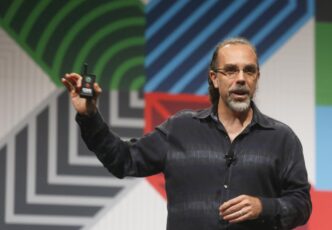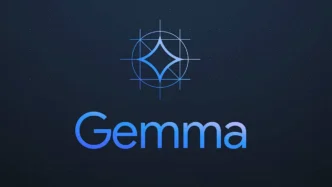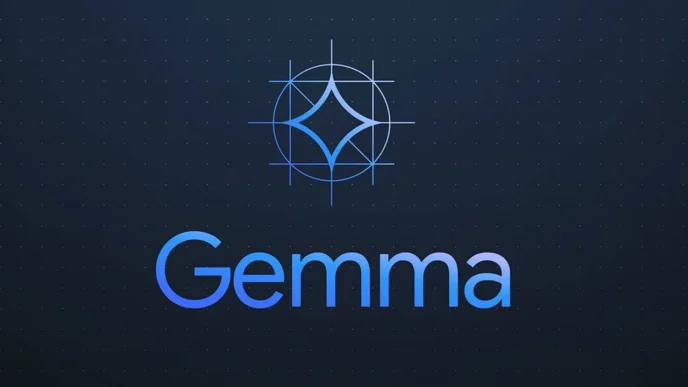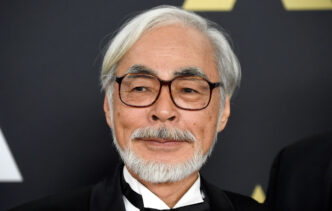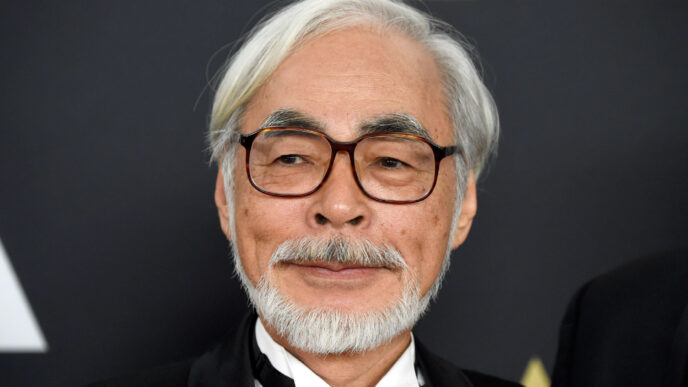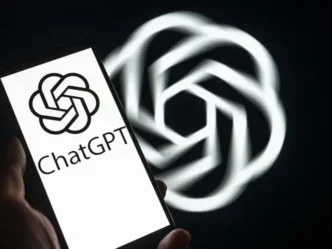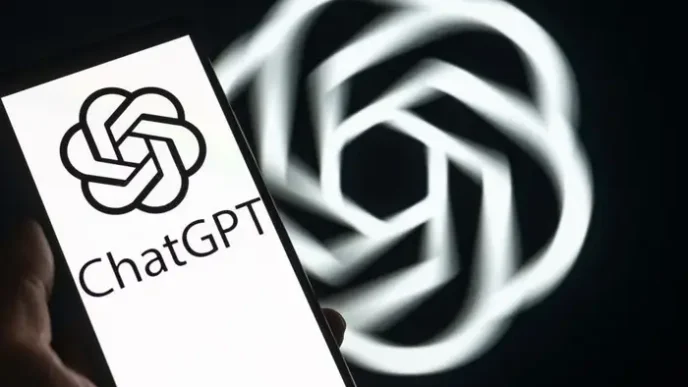Alphabet is quietly reshaping how it launches its boldest technology experiments. Instead of keeping its “moonshots” tucked inside Google’s corporate structure, the company is increasingly turning them into standalone startups, a strategic shift led by Astro Teller, head of Alphabet’s X division.
At this year’s TechCrunch Disrupt conference, Teller revealed that X’s new model relies on a dedicated venture fund designed specifically to back these spinouts. The idea: give the most promising projects room to move faster, attract independent capital, and still keep strategic ties to Alphabet.
That fund, called Series X Capital, has raised over $500 million and is led by former YouTube executive and Facebook CFO Gideon Yu. Unlike Alphabet’s other investment arms, GV for early-stage startups, CapitalG for growth rounds, and Gradient Ventures for AI investments, Series X Capital is legally bound to fund only companies that originate from X. Alphabet remains a limited partner but intentionally takes a small stake.
“If Alphabet were the sole LP, it would still be inside Alphabet,” Teller explained onstage. “By keeping it outside, we give these teams real independence while staying close enough for mutual benefit.”
For years, X has been known as Alphabet’s “moonshot factory”, the birthplace of audacious projects like Waymo, the self-driving car company, and Wing, the drone delivery venture now delivering Walmart orders across several U.S. cities. Traditionally, these projects became Alphabet subsidiaries. But over time, Teller and his team realized that not every moonshot needs to stay under Alphabet’s umbrella.
“Some projects thrive with Alphabet’s resources and scale,” he said. “Others move faster on their own because they’re solving problems too different from Google’s core business.”
Spinning out companies lets X balance autonomy with connection, what Teller calls staying “just outside the Alphabet membrane.” It’s a structure that allows collaboration without corporate control, creating what he describes as “strategic co-benefit” rather than ownership.
Teller credits this spinout strategy to X’s radical culture of intellectual honesty, one that celebrates killing projects as much as it does launching them.
At X, a “moonshot” must meet three criteria: it has to tackle a massive global problem, propose a radical product or service to solve it, and leverage breakthrough technology that gives at least a “glimmer of hope” it could work. But if an idea sounds reasonable, Teller says, it’s automatically disqualified. “Reasonable ideas aren’t moonshots,” he quipped.
Once accepted, each idea is tested ruthlessly. The goal isn’t to prove it right, it’s to find the quickest way to prove it wrong. “If it turns out crazier than we thought, great — let’s put a bullet in it and move on,” Teller said. This method gives X a brutal 2% success rate, but that’s by design.
The process also demands emotional detachment. Teller intentionally doesn’t know who originated most X projects, even the ones that became major companies. “If you think of an idea as ‘your baby,’ it’s almost impossible to be objective about killing it,” he told the audience.
All this testing comes at a high cost. In the past, spinning a project out of Alphabet required finding external investors to take a majority stake. The new venture fund solves that problem by acting as a ready-made investor that already understands X’s methods.
Because Series X Capital is exclusively focused on X-born startups, it can streamline the transition from internal experiment to independent business. “They deeply understand us and are legally obligated to invest in us,” Teller said. “That makes the whole process smoother.”
Employees working on spinout projects also benefit directly. When a project graduates into an independent company, team members receive significant equity — “as much as if they’d started in their garage,” Teller said, but without the personal financial risk of founding a startup from scratch.
At the same time, X employees inside the lab don’t receive equity in early-stage experiments. They’re paid like regular Google staffers so they can focus on exploration without the emotional or financial pressure to keep weak ideas alive. “You can say, ‘Hey, this one isn’t working, let’s throw it away,’ and it doesn’t scare you,” Teller explained.
The results are starting to show. In 2025 alone, X has spun out Taara, a company building wireless optical communication systems, and Heritable Agriculture, which uses machine learning to accelerate crop breeding. Earlier spinouts like Malta (renewable energy storage), Dandelion (geothermal heating), and iyO (AI-powered earbuds) have all raised external capital.
Most recently, X introduced Anori, a new AI platform aimed at helping cities, real estate developers, and construction firms simplify complex building projects. Teller described it as tackling one of the world’s biggest environmental and economic challenges.
“The built environment accounts for about 25% of the world’s solid waste and carbon emissions,” he said. “It’s where we live, where we work, and a massive part of global GDP. It would be hard for a moonshot to matter more.”
This approach, blending ambitious research with a path to independence, could redefine how Alphabet manages innovation. Rather than swallowing new ideas into its vast ecosystem, X now acts more like a launchpad for independent deep-tech startups that stay loosely connected through capital and culture.
For Teller, it’s a natural evolution of what X was always meant to be: a place to dream big, test fast, and let go. “At X, we don’t fear killing ideas,” he said. “We fear not learning fast enough.”
